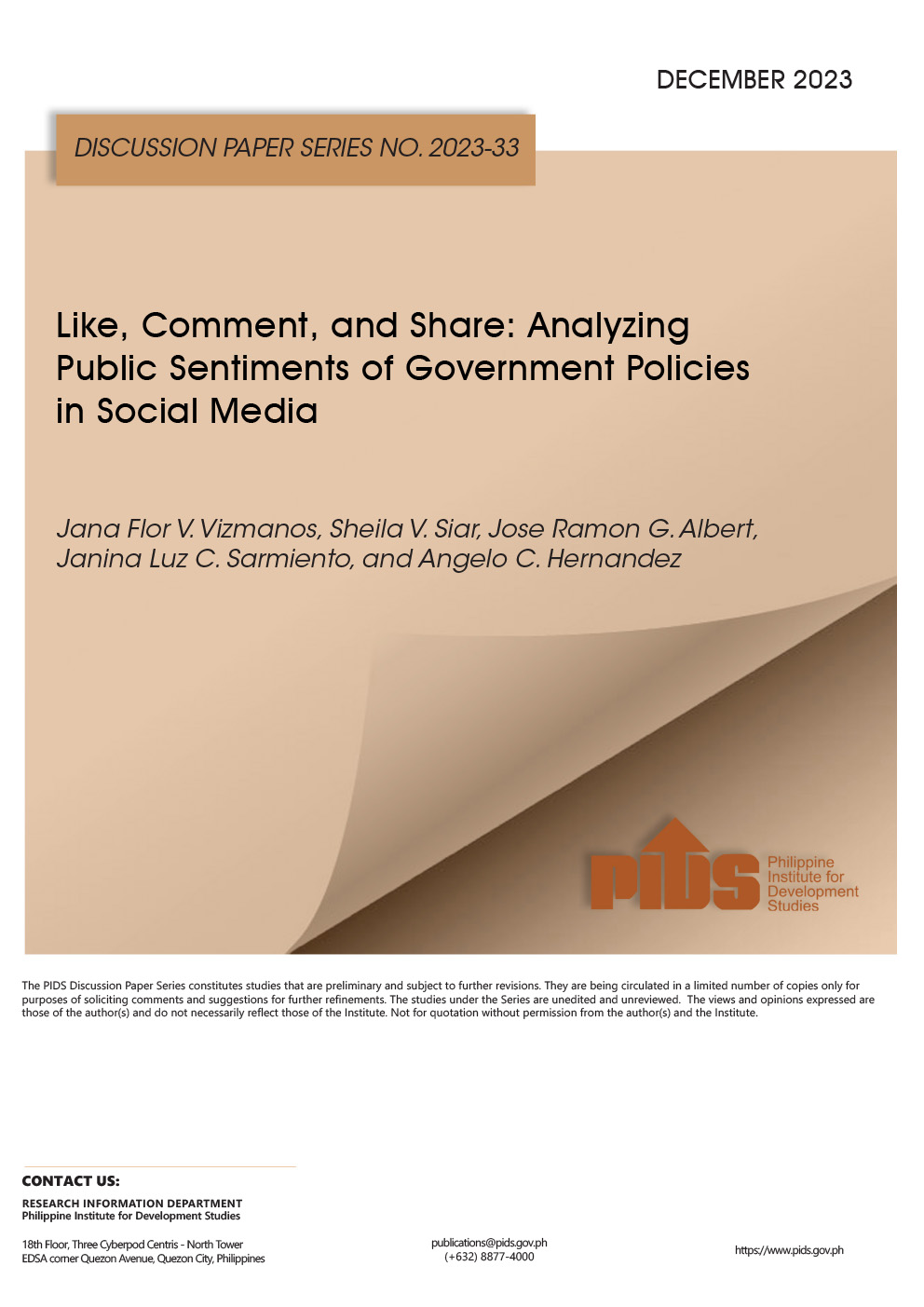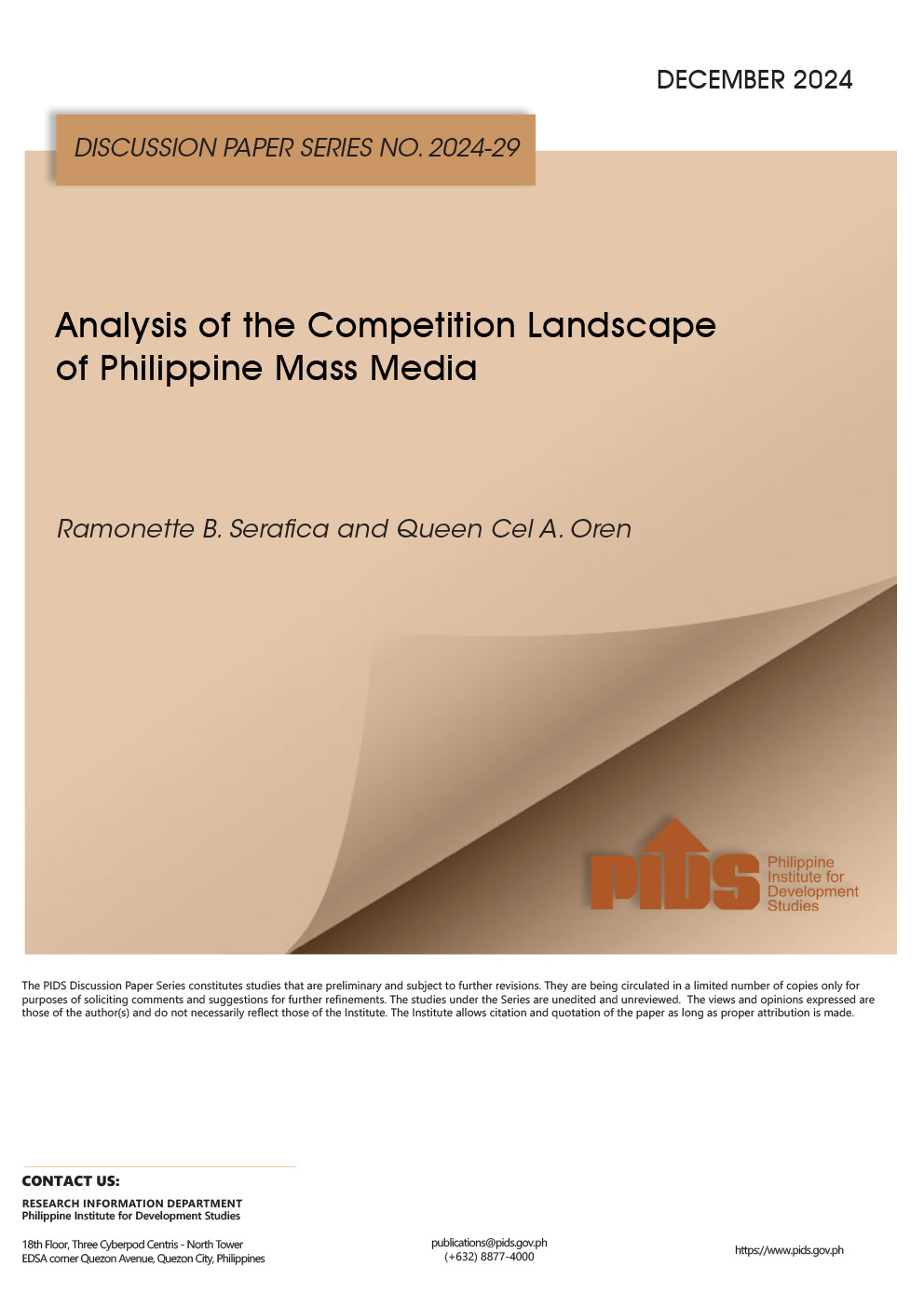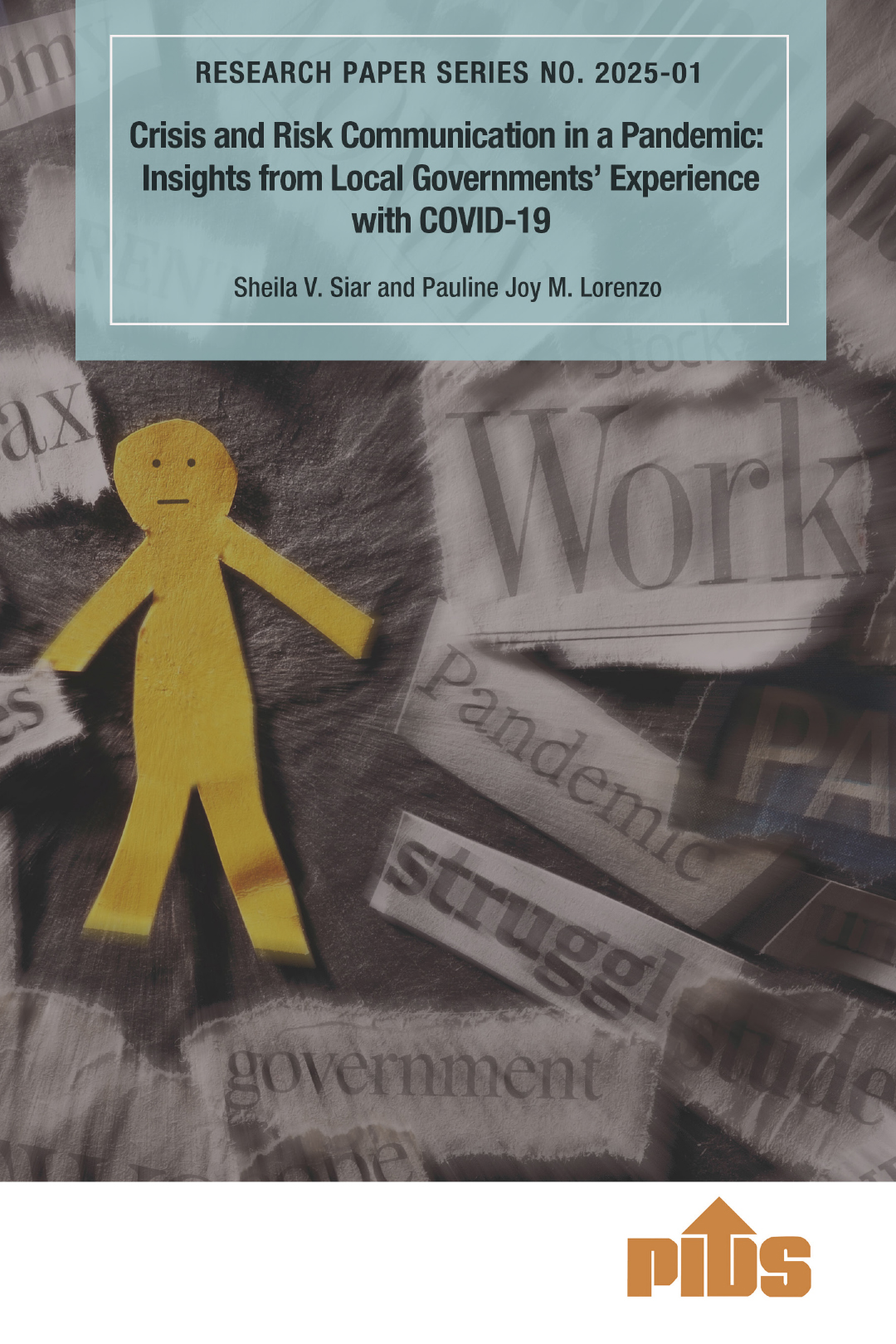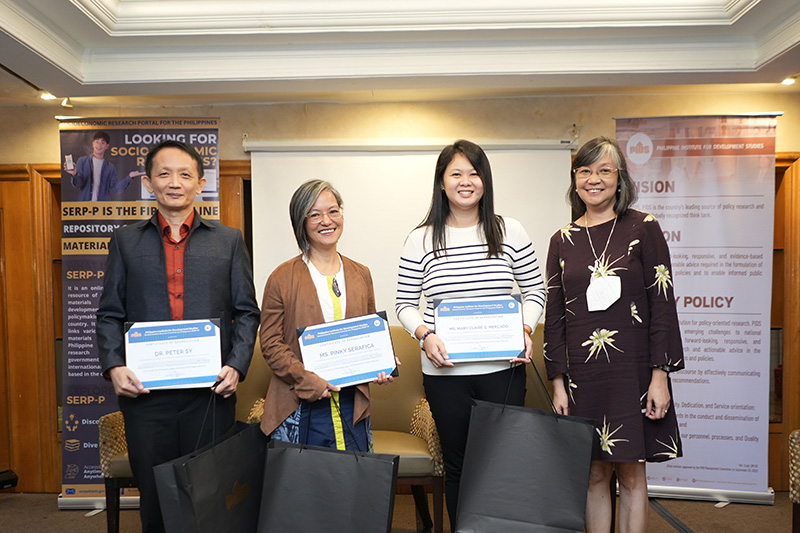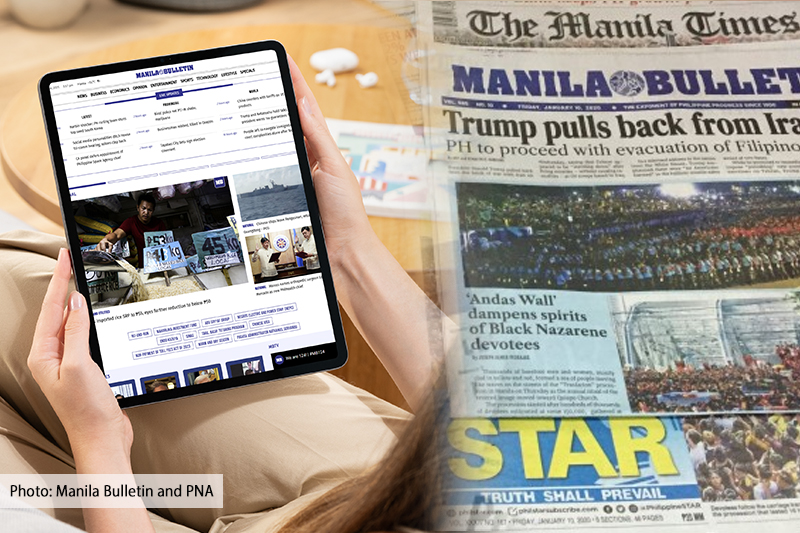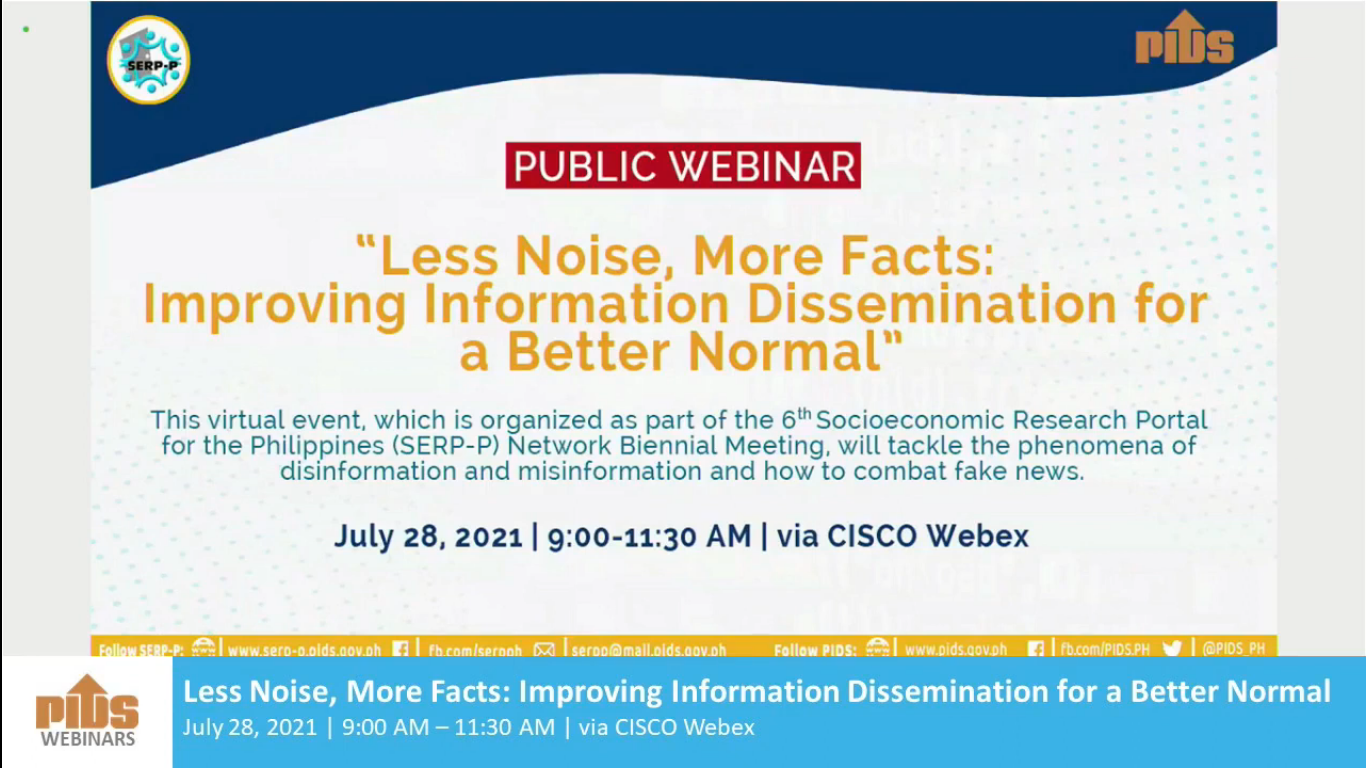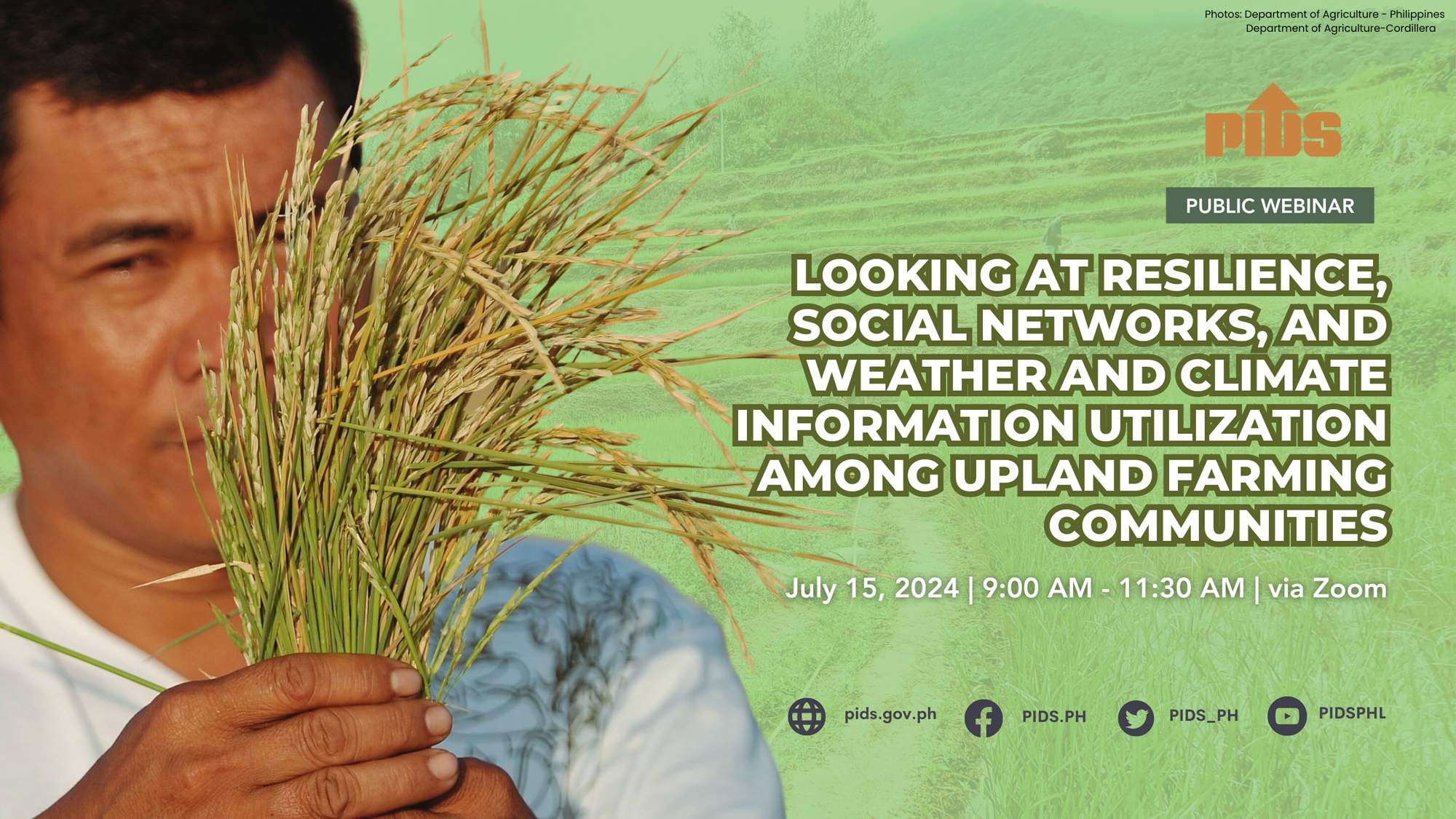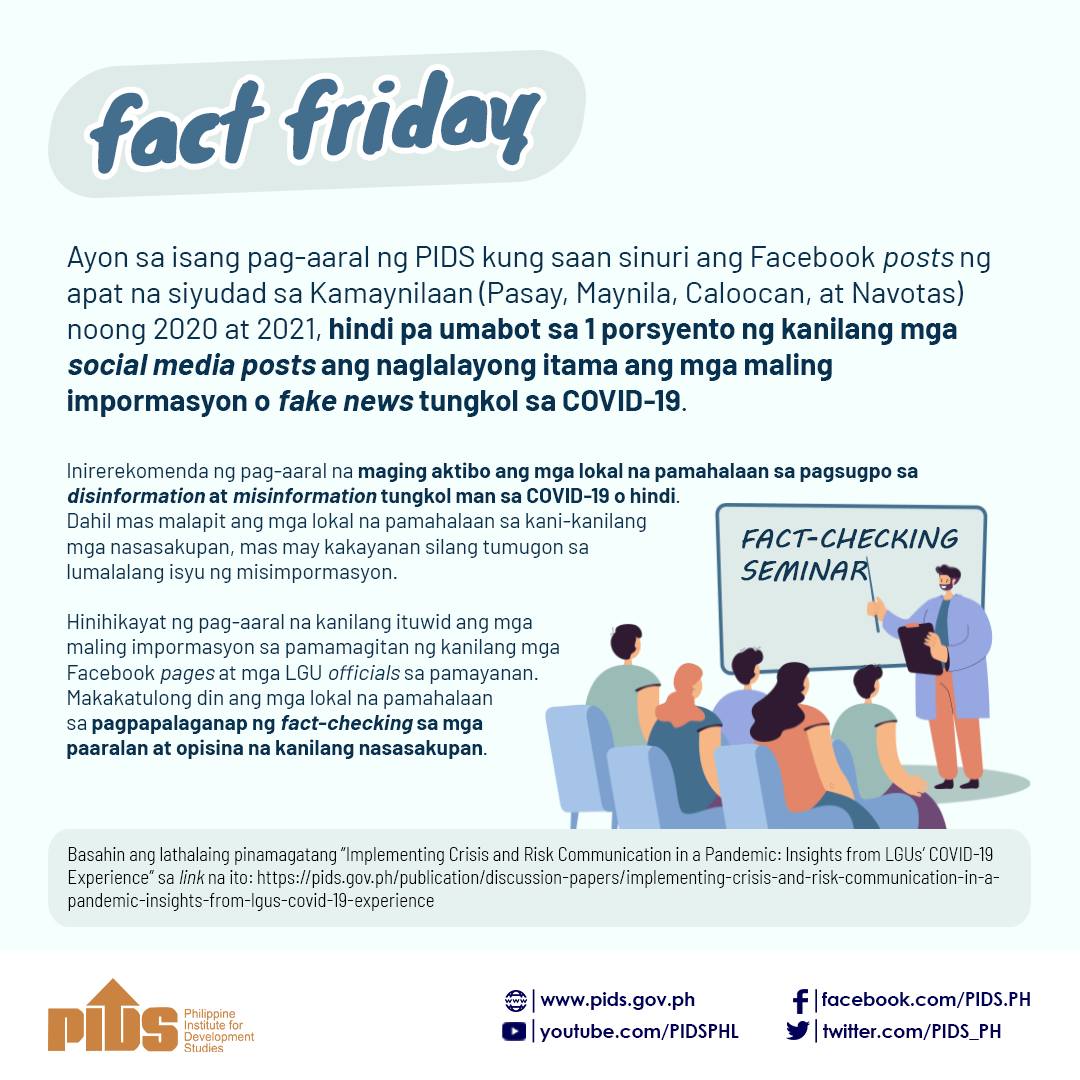AIMED at helping the public effectively learn more ways to dispel the fog of disinformation pervading in discourse spaces both online and offline, experts from relevant sectors combating information disorder or the problem of “fake news” discussed current realities and their possible solutions during the fifth installment of the University of Santo Tomas Media Leadership Lecture Series (UST-MLLS).
The forum takes a proactive stance in the current state of media—an advocacy of the Thomasian community to have relevant and responsive information regarding the emerging technology-driven news media landscape. This year’s theme was “The Academe, Church, Media, and Civil Society: A Multisectoral Initiative in Countering Information Disorder in the Philippines.”
“In these times where legitimate, accountable journalism and the social networks that majority of people access are increasingly challenged by disinformation campaigns, it is all the more vital to support and amplify informative, socially responsible and reliable media voices,” said UST Office of Public Affairs (OPA) director Asst. Prof. Joreen T. Rocamora Ph.D, who provided this year’s UST-MLLS overview. “We also have to do our part and develop a keen sense of awareness to recognize falsehood where it appears…and break the chain of dis-, mis-, and ‘mal-information’ spread by thinking before we post.”
Info disorder realities
DIRECTOR of the Philippine Institute for Development Studies’ Research Information Department Dr. Sheila Siar discussed “Realities of Information Disorder: Misinformation, Disinformation and Mal-Information.” She differentiated key terms, explained cognitive psychology theories as to why people may believe or share false information, examined the state of the current information disorder in the country and the methods employed to mitigate it, then gave suggestions that can improve the situation.
“Two things we can do [to strengthen defenses against the information disorder] are, first: in the area of education. For me, education is key. Critical thinking and analytical reasoning should start very early in life: in the home and in the school,” Dr. Siar imparted. “[Second,] community engagement and capacity building are essential. Train and engage citizens to fact check.”
She further emphasized strengthening media literacy in the basic education curriculum, as well as capacitating government staff with information functions such as information; health; as well as disaster, risk and reduction management officers on crisis and risk communication, plus science communication.
“We can’t stop fake news from being made, but we can stop sharing it,” said Dr. Siar.
Versus info disorder
PHILIPPINE communication society director-public relations officer and UST Journalism program coordinator Felipe Salvosa II talked about “The Academe’s Role in Inculcating Critic al Thinking and Analysis among the Youth versus Information Disorder,“ where he expressed concern over people’s rising selective news avoidance and low trust in mainstream news.
“The question of how journalists can raise the public’s trust in the news is something that will occupy, or even bedevil practitioners and academics alike, for years to come,” said Salvosa, who emphasized the importance of imbibing news literacy and thorough fact-checking that are accessible to the masses through translation into Filipino and other regional languages.
He added that “given the technological upheavals and constant emergence of new platforms that have disrupted journalism, journalists need to continuously establish their credibility to the public, and slowly but surely earn their trust.”
‘Gifts’ and rights
FOR his part, Roman Catholic Archdiocese of Manila’s Office of Communications director Fr. Roy Bellen presented the social communications ministry of the Church and its various initiatives against the information disorder.
“Media and communications are gifts meant to build communities and raise humanity,” Fr. Bellen remarked. “It is not a tool to be used to destroy others and lift up one’s self, and one’s self-serving interests.”
In his discussion, GMA Network Inc. multidisciplinary journalist and documentarist Atom Araullo lamented the hostility against journalists amid the vital necessity for journalism to assert free speech and guard fundamental rights.
“[Journalists] don’t only create content for fame or money; we produce news and stories to inform public opinion and policy, to ferret out the truth, and to hold power to account to keep the wheels of democracy turning,” said Araullo.
The broadcast journalist also emphasized the need for engaging in conversations in good faith, rather than dismissing those who disagree as ignorant or bribed: “We can start by listening to our community and involving them in meaningful conversations; not just to gather quotes, but also to gather sentiments and feelings.”
He furthered that “social media can be toxic for engagement; it can be tiring, and it can ruin your day. But a common mistake we commit is to dismiss those we fiercely disagree with as trolls. There is a real person behind every account, fake or verified. Many of them could still be persuaded through constructive interaction.”
Araullo added: “In schools, around dining tables, in our neighborhood or online groups, we can spark engagement behind the…values of honesty, respect and compassion, which would allow us to engage responsibly and in good faith.”
Compassion, empathy
LIKEWISE, Limitless Lab CEO Joie Cruz shared her experience in implementing the Asean Digital Literacy Programme (ADLP) in the Philippines, particularly designing a “laymanized” learning experience on digital literacy that would resonate with Filipino grassroots communities called “#DigiTalino.”
Cruz urged everyone to empathize with fellow Filipinos: “It’s easy for us to express judgment whenever we hear or see someone sharing false information, or when they have a very different view of reality than ours. It’s easy for us to snap and leave the conversation, but what we learned through ADLP is that compassion and empathy will go a long way.”
The CEO said: “If we approach our [fellows with compassion and empathy rather than attacking them], I think we can go further. No effort is too small.”
She also shared tips on ways of telling someone that his or her shared post was untrue or a disinformation, and cautioned against common scams found online or on mobile.
Building trust
LATER, Break the Fake Movement founder Gabriel Billones Jr. highlighted the importance of working together to fight disinformation and collectively protect democracy, prevent harm and promote transparency, while building trust in institutions and each other.
Particularly, he pointed out that good faith communicators must frame disinformation in a non-political context, without being condescending. Researchers and academics must also recalibrate their approaches to be more community-based.
“In civil society, meet them where they are—not where you’re at,” said Billones. “[Make] sure you can transmit the message to the person you want to talk to.”
The event was livestreamed via the UST OPA Facebook page, where it remains available for public viewing.

